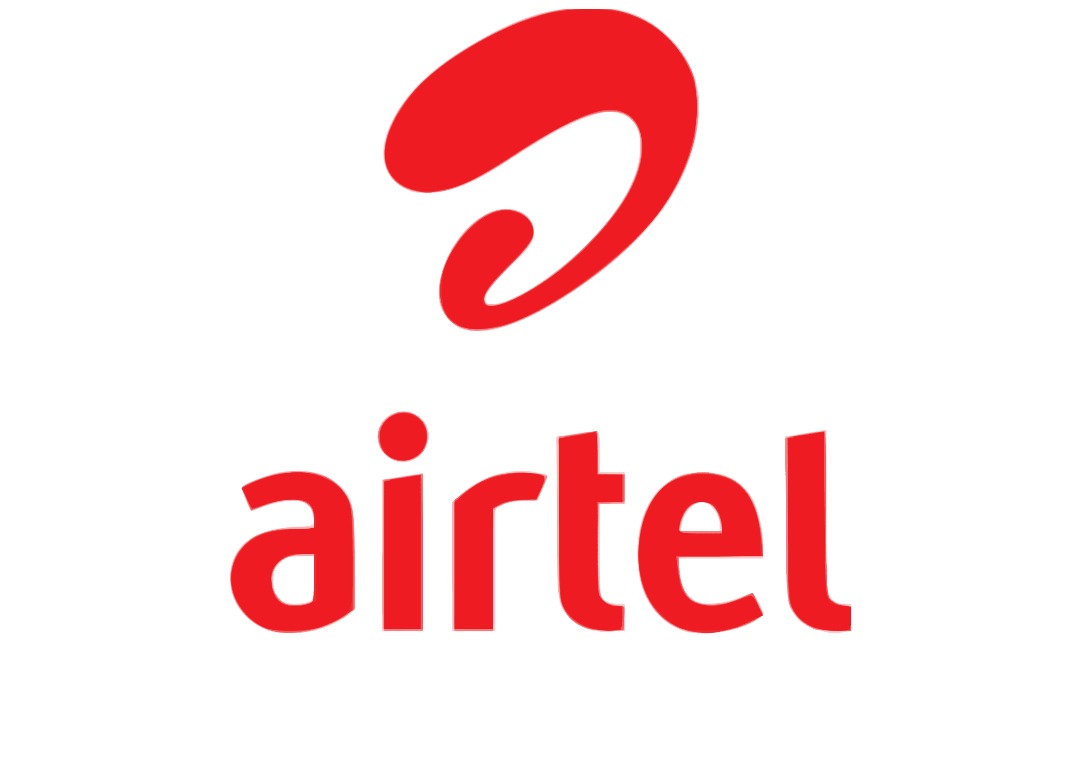Largest telecom operator in Nigeria, MTN has reported more than 5,400 fibre optic cable cuts in the first seven months of 2025, warning that the frequent disruptions are undermining service quality and slowing digital growth.
Speaking at the 10th edition of the New Media Conference in Lagos on Thursday, the company’s public relations manager, Lakinbofa Goodluck, said that the incidents, which numbered 5,478 by July, including 760 cuts in that month alone, have been largely linked to road construction and vandalism.
“What happens is that when the network is bad, someone somewhere has cut a cable,” Goodluck told the gathering of digital media professionals, entrepreneurs, and policymakers.
He called for stronger measures to protect telecom infrastructure, including criminalising acts of vandalism.
Addressing Dada Olusegun, Special Assistant to President Bola Tinubu on social media, who was present at the event, Goodluck appealed for government support.
“We make money when you browse, when you can make calls. How do we make more money when people complain of a bad network?” he asked.
MTN has invested heavily in Nigeria’s telecom sector, most recently pledging one trillion naira (about $600 million) to expand 4G and 5G services. The operator, which serves more than 80 million subscribers nationwide, states that repeated cable cuts not only disrupt the customer experience but also incur millions in repairs and hinder economic activity.
Industry experts note that fibre cuts are not unique to MTN, as other providers face similar challenges. Estimates suggest roadworks account for about 70 per cent of cases, with vandalism making up most of the rest. In some instances, criminals reportedly target cables for resale as scrap. Earlier this month, parts of Lagos experienced prolonged outages linked to a major cut.
The Nigerian Communications Commission (NCC) has previously acknowledged the problem, urging contractors to work closely with telecom companies during construction projects. Some analysts believe that while tougher penalties could help, long-term solutions will require collaboration between government, industry, and communities to raise awareness and safeguard critical infrastructure.
The New Media Conference, launched in 2015, has become one of Africa’s leading platforms for discussing technology, media, and innovation.
This year’s edition featured speakers from across industries, including Yinka Adebayo of Omnicom Media Group and Wakanow CEO Bayo Adedeji.






